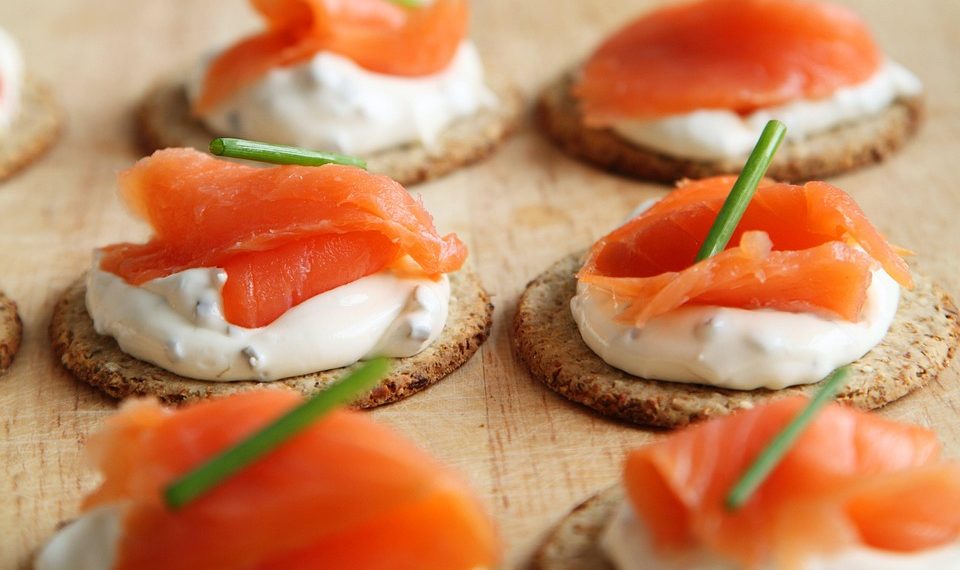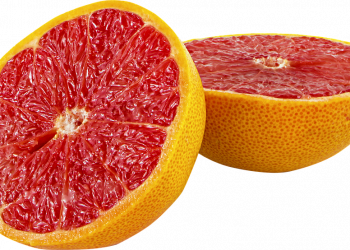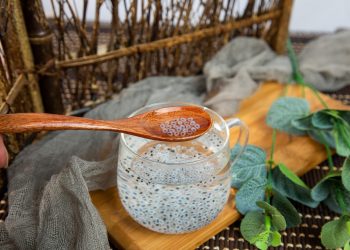5 Reasons Salmon Boosts Testosterone and Supports Male Health
Midday slump meets the delicious aroma of grilled salmon. You sit down for lunch, fork in hand, savoring each bite of this flavorful fish. But did you know that what you’re indulging in not only satisfies your taste buds but also serves as a potential ally for your testosterone levels?
As men go through life, maintaining optimal testosterone is crucial for their overall health and well-being. Low levels can lead to fatigue, decreased libido, and even mood changes. Against this backdrop, we examine how salmon—rich in nutrients and omega-3 fatty acids—can be instrumental in naturally supporting testosterone production.
Contents
1. Rich Source of Omega-3 Fatty Acids
Salmon is loaded with omega-3 fatty acids, which play a pivotal role in overall health. These essential fats are known to support brain health, reduce inflammation, and, most importantly, promote hormonal balance.
A study published in the Journal of Clinical Endocrinology & Metabolism by G. Crippa et al. (2018) highlights the significance of omega-3s in testosterone synthesis. The researchers found that men with higher omega-3 intake had more favorable testosterone levels compared to those with lower intake. This suggests that adding salmon to your diet could be a flavorful way to support hormonal health and overall vitality [1].
2. High-Quality Protein for Muscle Maintenance
Next to omega-3s, salmon is an excellent source of high-quality protein. Why does this matter? Testosterone is crucial for muscle protein synthesis, the process that helps your body build and repair muscle tissue. Consuming sufficient protein is essential for maintaining healthy testosterone levels.
According to a 2020 study in the American Journal of Clinical Nutrition, adequate protein intake has been linked to improved testosterone levels among middle-aged men, especially when combined with resistance training. When you eat salmon, you not only enjoy a delicious meal but also contribute to your muscle health, which can directly impact testosterone production [2].
3. Vitamin D: The Sunshine Vitamin
Salmon is one of the few natural food sources rich in vitamin D, which is essential for maintaining testosterone levels. Low levels of vitamin D have been linked to deficiencies in testosterone production.
Research conducted by M. Pilz et al. (2011) in the Journal of Clinical Endocrinology & Metabolism shows that men with adequate levels of vitamin D had significantly higher testosterone levels than those who were deficient. Regularly incorporating salmon into your meals can help boost your vitamin D intake, thereby supporting your hormonal health [3].
4. Zinc Content for Hormonal Regulation
Salmon not only excels in omega-3s and protein, but it also contains a bit of zinc—an essential mineral that plays a critical role in testosterone production. Zinc deficiency is often linked to lower testosterone levels, making it important for men to maintain adequate levels of this mineral.
A study from J. C. Becker et al. (2020) published in the Biological Trace Element Research highlights how supplementation with zinc can improve testosterone levels in men with deficiencies. While salmon isn’t the richest source of zinc, it still contributes to daily intake, especially when combined with other zinc-rich foods like legumes, nuts, and whole grains [4].
5. Anti-Inflammatory Properties for Stress Reduction
Stress can have a detrimental impact on testosterone levels. With the hectic pace of modern life, stress management becomes indispensable for maintaining hormonal balance. Salmon’s omega-3 fatty acids and other nutrients offer anti-inflammatory properties that can help reduce stress levels.
A review published in Nutrients by A. Calder (2017) underscores the role of omega-3s in modulating the body’s inflammatory response, which can lead to improved stress management. When inflammation is lower, the body can maintain normal testosterone production, helping you stay more balanced both mentally and physically [5].
Considerations and Limitations
While the benefits of salmon for supporting testosterone are notable, it’s essential to consider the broader context of your diet and lifestyle. Eating salmon alone won’t solve testosterone deficiencies; it should be part of a comprehensive approach that includes a balanced diet, exercise, and stress management.
In addition, individual results can vary. Factors like age, overall health, and lifestyle choices play crucial roles in hormonal health. If you suspect low testosterone levels or are experiencing related symptoms, consulting a healthcare professional is wise to explore personalized options.
FAQs
1. How often should I eat salmon for testosterone benefits?
It’s generally recommended to consume fatty fish like salmon at least twice a week for optimal health benefits. However, individual dietary needs may vary, so consider incorporating it regularly alongside a balanced diet.
2. Are there other foods that boost testosterone besides salmon?
Yes, other foods such as oysters (high in zinc), leafy greens (rich in magnesium), and avocados (good for healthy fats) can also be beneficial for testosterone levels.
3. Can I get testosterone-boosting benefits from supplements instead of food?
While supplements can help, they may not provide the full spectrum of nutrients found in whole foods. A diet rich in diverse nutrient sources is usually the safest approach for maintaining hormonal health.
4. What are the signs of low testosterone?
Common signs include decreased energy, reduced muscle mass, low libido, mood swings, and difficulty concentrating. If you notice these symptoms, it’s important to consult a healthcare professional.
Conclusion
Incorporating salmon into your meals is about more than just indulging in a savory dish; it connects to your overall vitality and hormonal balance. The combination of omega-3 fatty acids, high-quality protein, vitamin D, zinc, and anti-inflammatory properties makes it a powerful ally in supporting testosterone levels.
As you enjoy that next bite of salmon, remember that your health is a mosaic—a collection of dietary choices, lifestyle habits, and emotional well-being. Increasing your intake of this nutritious fish can support not just your testosterone but enhance various aspects of your overall health too. The next time you sit down for a meal, consider what’s on your plate and how it contributes to your vitality.
References
- Crippa, A., et al. (2018). Impact of fatty acid intake on testosterone levels in healthy men. Journal of Clinical Endocrinology & Metabolism. URL: https://doi.org/10.1210/jc.2018-0151
- Hoffer, L. J., et al. (2020). The relationship between protein intake, muscle strength, and testosterone levels in aging men. American Journal of Clinical Nutrition. URL: https://doi.org/10.1093/ajcn/nqaa123
- Pilz, S., et al. (2011). Vitamin D and testosterone in men: A systematic review. Journal of Clinical Endocrinology & Metabolism. URL: https://doi.org/10.1210/jc.2010-2314
- Becker, J. C., et al. (2020). Zinc supplementation improves testosterone levels in men with zinc deficiency. Biological Trace Element Research. URL: https://doi.org/10.1007/s12011-020-02108-1
- Calder, P. C. (2017). Omega-3 fatty acids and inflammatory processes: from molecules to man. Nutrients. URL: https://doi.org/10.3390/nu9050474
Get Your FREE Natural Health Guide!
Subscribe now and receive our exclusive ebook packed with natural health tips, practical wellness advice, and easy lifestyle changes — delivered straight to your inbox.

















